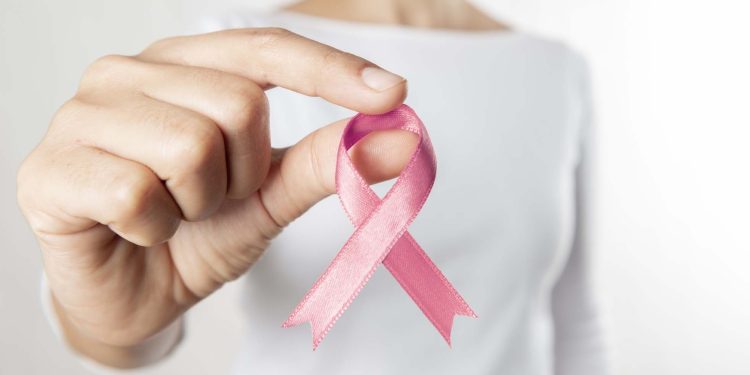In the United States, 1 in 8 women will be diagnosed with breast cancer, but when caught in its earliest stages, the 5-year relative survival rate is 99%. Thanks to advances in early detection and treatment methods, breast cancer survival rates have significantly increased in recent years.
What happens after receiving a breast cancer diagnosis?
After your healthcare team diagnoses your breast cancer, additional tests may be conducted to determine the extent of the disease. This is known as the cancer’s stage, which helps your healthcare team assess your prognosis. In some cases, complete details about the stage of your cancer may not be available until after you have undergone breast cancer surgery.
Tests and procedures used to assess the stage of breast cancer may include:
- Blood tests, such as a complete blood count to show how well the kidneys and liver are working
- Bone scan
- CT scan
- MRI
- Positron emission tomography scan (PET scan)
What are the treatment options?
Your treatment plan will depend on a number of factors, such as the stage of the cancer, how quickly it is growing and whether the cancer cells are sensitive to hormones. There are two categories of treatments: localized and systemic.
“Localized treatments, which can include surgery and radiation, target the tumor without impacting the rest of the body,” said Kelley R. Smith, DO, FACOS, a board-certified general surgeon with Penn Highlands Healthcare who specializes in women’s health. “Most women with breast cancer will undergo some form of surgery to remove the tumor. Depending on the type and stage of breast cancer, additional treatments may be necessary either before, after, or both before and after surgery.”
“Breast cancer drugs, on the other hand, are systemic therapies because they can attack cancer cells throughout the body,” said Dr. Smith. “These drugs can be taken orally, injected into a muscle or delivered directly into the bloodstream. Types of treatments include chemotherapy, hormone therapy, targeted drug therapy and immunotherapy.”
What does each treatment look like?
Within the localized and systemic categories, there are five main types of treatment: surgery, radiation, hormone therapy, chemotherapy and targeted therapies.
Surgery is the most common form of treatment. This procedure involves removing the tumor along with surrounding tissue. Surgical options include lumpectomy, partial mastectomy, radical mastectomy and reconstruction.
Radiation therapy uses high-energy rays to kill cancer cells. Radiation may be used after surgery to eliminate any remaining cancerous cells in the breast or armpit region. Hormone therapy uses drugs to block or lower the levels of hormones like estrogen and progesterone, which can help slow or stop the growth of breast cancer tumors that are sensitive to hormones.
Chemotherapy is a treatment that uses a combination of drugs to destroy cancer cells or slow their growth, while targeted drug therapy uses medications that specifically target proteins on breast cancer cells that aid in their growth, spread and survival.
What should you ask your provider?
It is essential to discuss all of your treatment options with your healthcare team, and if time allows seeking a second opinion can also be beneficial, providing additional information and helping you feel more confident in your treatment plan.
These are some specific questions you may want to ask your provider:
- How much experience do you have treating this type of cancer?
- What are my treatment choices?
- What treatment do you recommend and why?
- Should I think about taking part in a clinical trial?
- What would the goal of the treatment be?
- How soon do I need to start treatment and how long will it last?
- What should I do to get ready for treatment?
- What are the risks or side effects of each treatment?
- How will treatment affect my daily activities?
- What are the chances the cancer will come back (recur) after this treatment?
- What would we do if the treatment does not work or if the cancer comes back?
It might take some time for them to gather all the details of your diagnosis as various tests and investigations are conducted, but being informed empowers you to take an active role in your care, which can lead to better outcomes and greater peace of mind.
The experienced team of breast cancer specialists, including surgeons, medical oncologists and radiation oncologists at Penn Highlands Healthcare offer comprehensive treatment of all stages of breast cancer. The team uses state-of-the-art equipment and the latest procedures to treat patients. To learn more, visit www.phhealthcare.org/breasthealth/.




